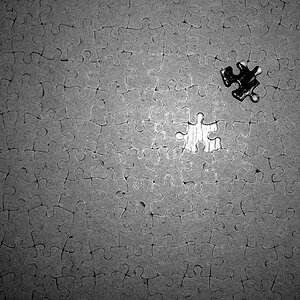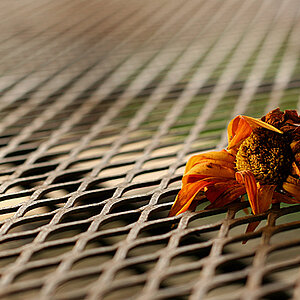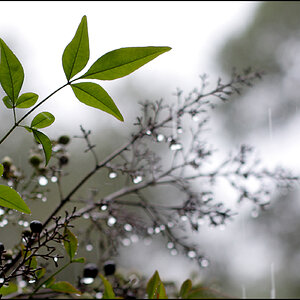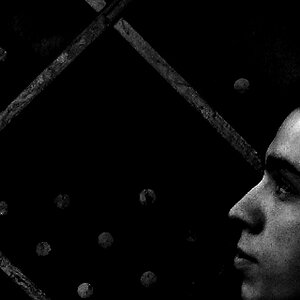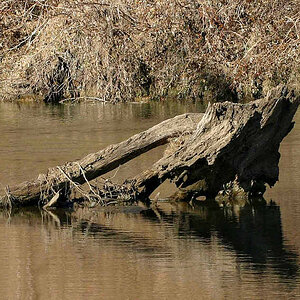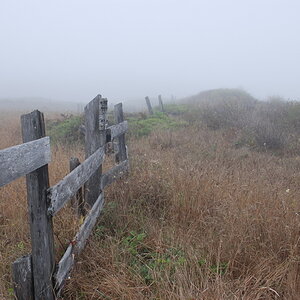rwilliams
TPF Noob!
- Joined
- Mar 6, 2014
- Messages
- 104
- Reaction score
- 16
- Can others edit my Photos
- Photos NOT OK to edit
I currently focus on children family, senior, engagement portraits and have taken on a few of small weddings. I have purchased some studio lights and equipment because I would like to do studio shoots, but currently don't have a location to. I probably purchased them a little prematurely, but figured they may come in handy for some weddings.. So far I haven't needed them much.
I know I need more lenses and probably other stuff I don't even realize.. so I'm just looking for some direction on what is most important to improve the quality of my photos. I've only purchased one lens and can tell a huge difference in that and the standard lens that my camera came with. But when I try to decide on other lenses to purchase, theres SO many to choose from and most cost a ton of money. I really am not ready to fork out a lot of money on something that I won't use much.
Here's what I currently own:
Canon Rebel T3i, the lens it came with, and also a a 50mm f/1.8
(2) Alien Bees B800 flash units & stands, (2) umbrellas, (2) softboxes
Portable backdrop stand, two backdrops
That's it. :/
I know I need more lenses and probably other stuff I don't even realize.. so I'm just looking for some direction on what is most important to improve the quality of my photos. I've only purchased one lens and can tell a huge difference in that and the standard lens that my camera came with. But when I try to decide on other lenses to purchase, theres SO many to choose from and most cost a ton of money. I really am not ready to fork out a lot of money on something that I won't use much.
Here's what I currently own:
Canon Rebel T3i, the lens it came with, and also a a 50mm f/1.8
(2) Alien Bees B800 flash units & stands, (2) umbrellas, (2) softboxes
Portable backdrop stand, two backdrops
That's it. :/


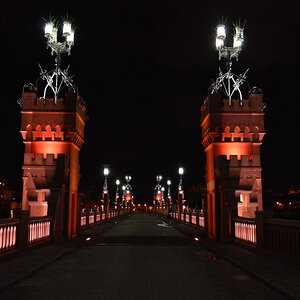
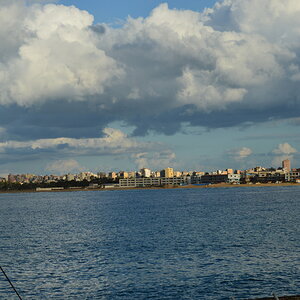
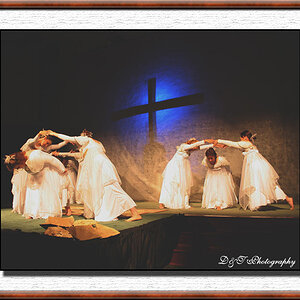
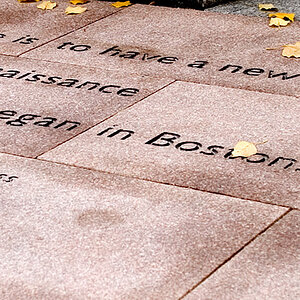
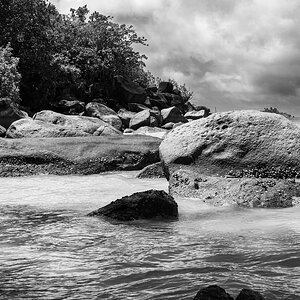
![[No title]](/data/xfmg/thumbnail/42/42397-30faa170de7ed9be38adf00b9b26a220.jpg?1619740167)
